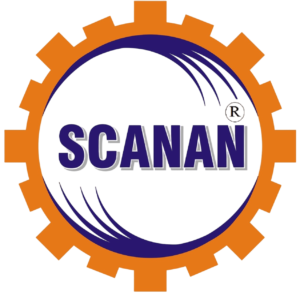The Importance of Commercial Idiyappam Machines in the Food Processing Industry
The food processing industry is constantly evolving, with new technologies and machines being developed to streamline production processes. One such machine that has gained popularity in recent years is the commercial idiyappam machine. Idiyappam, also known as string hoppers, is a traditional South Indian dish made from rice flour. It is a staple in many households and is also a popular choice in restaurants and hotels.
Efficiency and Consistency
One of the main advantages of using a commercial idiyappam machine is the efficiency it brings to the production process. These machines are designed to automate the process of making idiyappam, reducing the need for manual labor and saving time. With a commercial idiyappam machine, large quantities of idiyappam can be produced in a short period, making it ideal for commercial establishments.
In addition to efficiency, commercial idiyappam machines also ensure consistency in the quality of the final product. The machine is programmed to mix the rice flour and water in the correct proportions, resulting in consistent texture and taste. This is particularly important for businesses that aim to maintain a high standard of quality in their food products.
Hygiene and Safety
Food safety and hygiene are of utmost importance in the food processing industry. Commercial idiyappam machines are designed with hygiene in mind, with features such as stainless steel construction and easy-to-clean components. These machines are built to meet strict food safety standards, ensuring that the final product is safe for consumption.
Furthermore, using a commercial idiyappam machine reduces the risk of contamination compared to traditional manual methods. The machine eliminates the need for direct contact with the dough, reducing the chances of cross-contamination. This is particularly crucial in commercial settings where large quantities of food are prepared.
Versatility and Customization
Commercial idiyappam machines are not limited to producing idiyappam alone. These machines can be used to make a variety of other food products such as sevai, noodles, and pasta. This versatility allows businesses to diversify their product offerings and cater to a wider customer base.
Furthermore, commercial idiyappam machines can be customized to meet specific requirements. From adjusting the thickness of the idiyappam strands to changing the shape and size of the final product, these machines offer flexibility in production. This customization capability allows businesses to differentiate themselves in the market and cater to specific customer preferences.
Conclusion
Commercial idiyappam machines have revolutionized the food processing industry, particularly in the production of traditional South Indian dishes. These machines offer efficiency, consistency, hygiene, and versatility, making them a valuable asset for businesses in the food industry. Investing in a commercial idiyappam machine can not only streamline production processes but also enhance the quality and safety of the final product.
